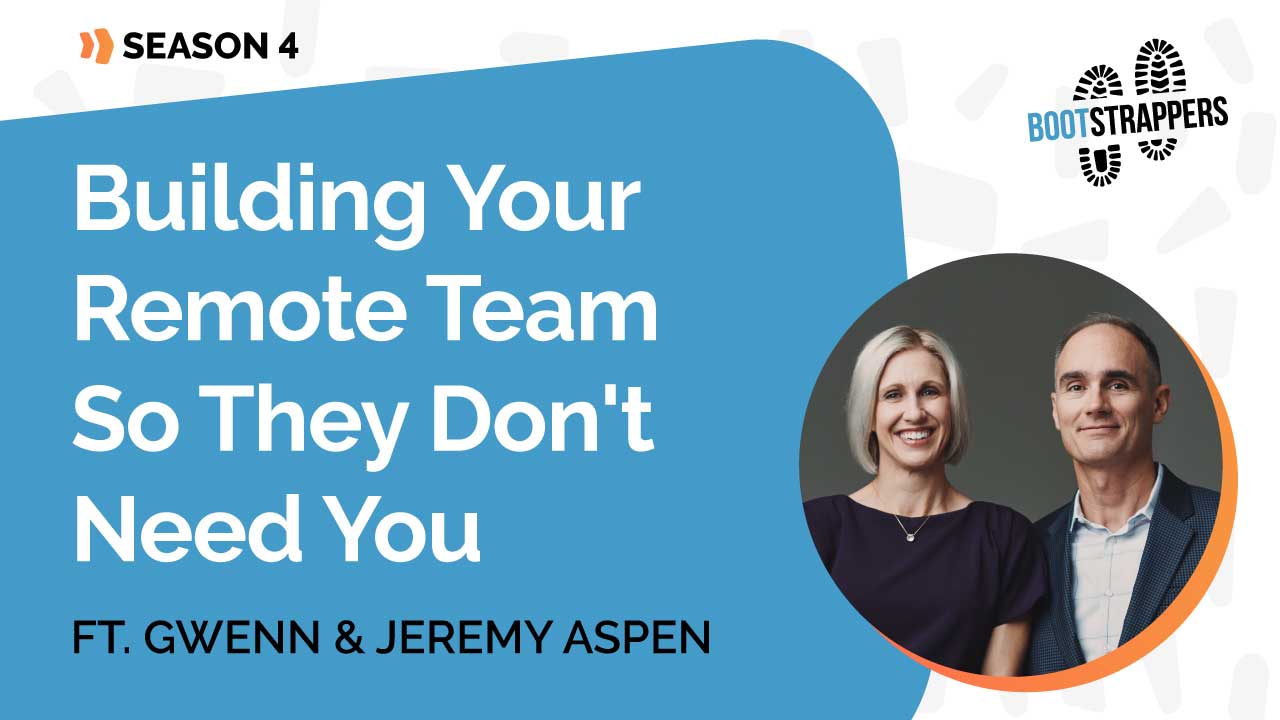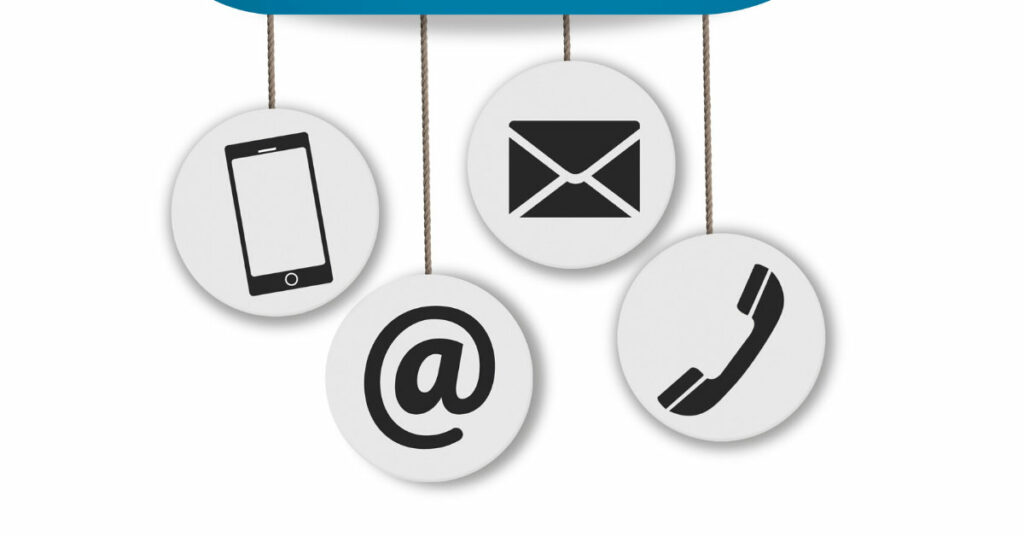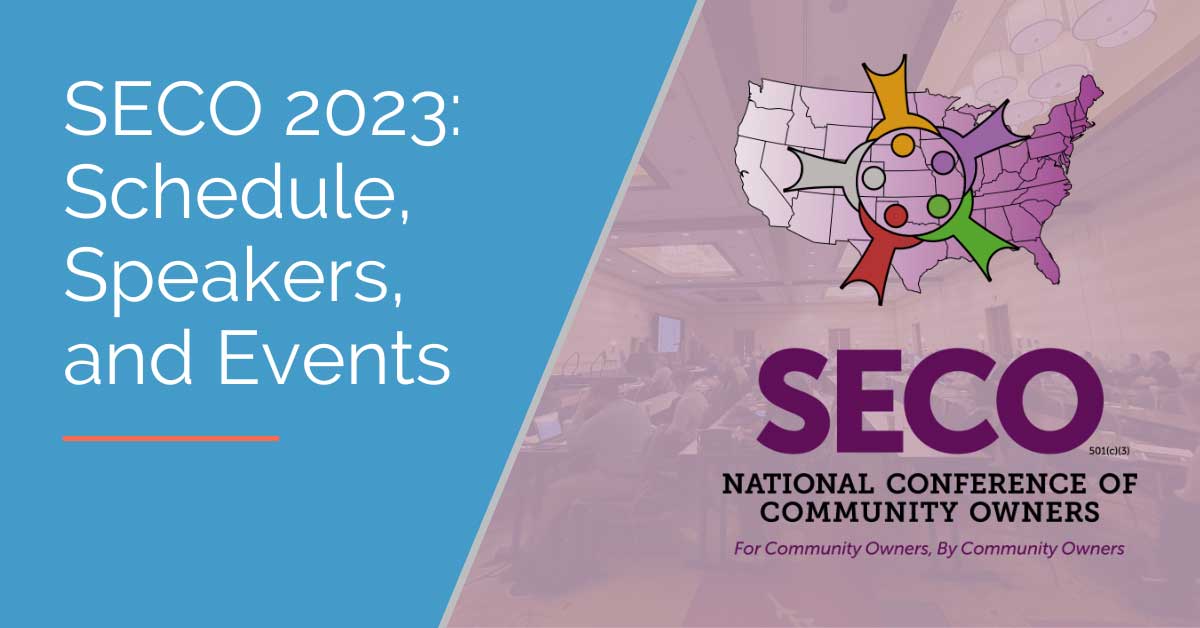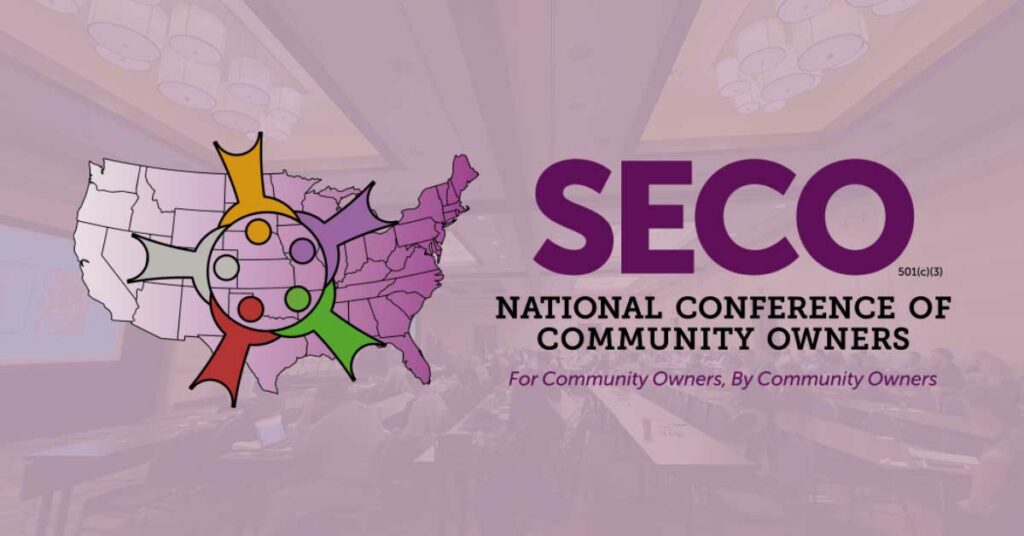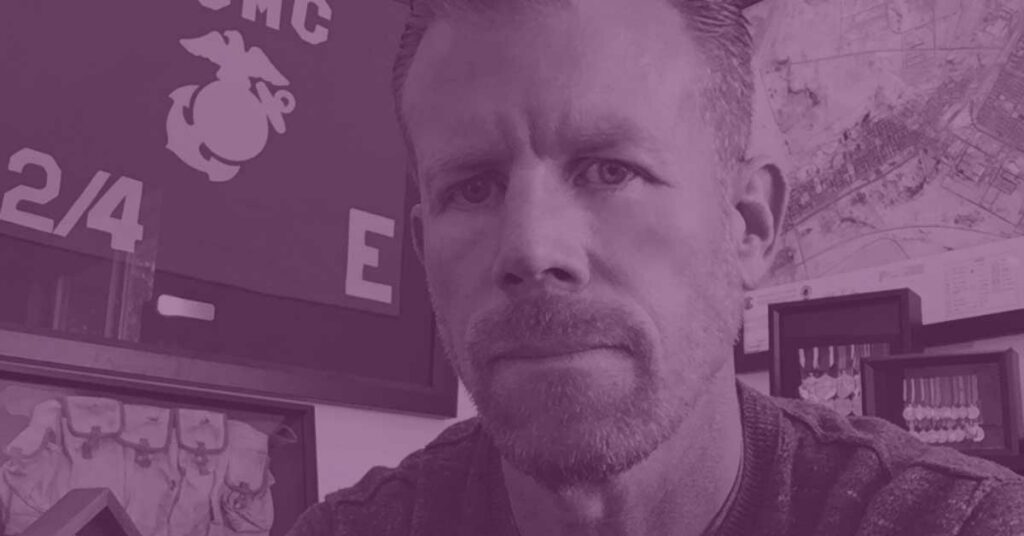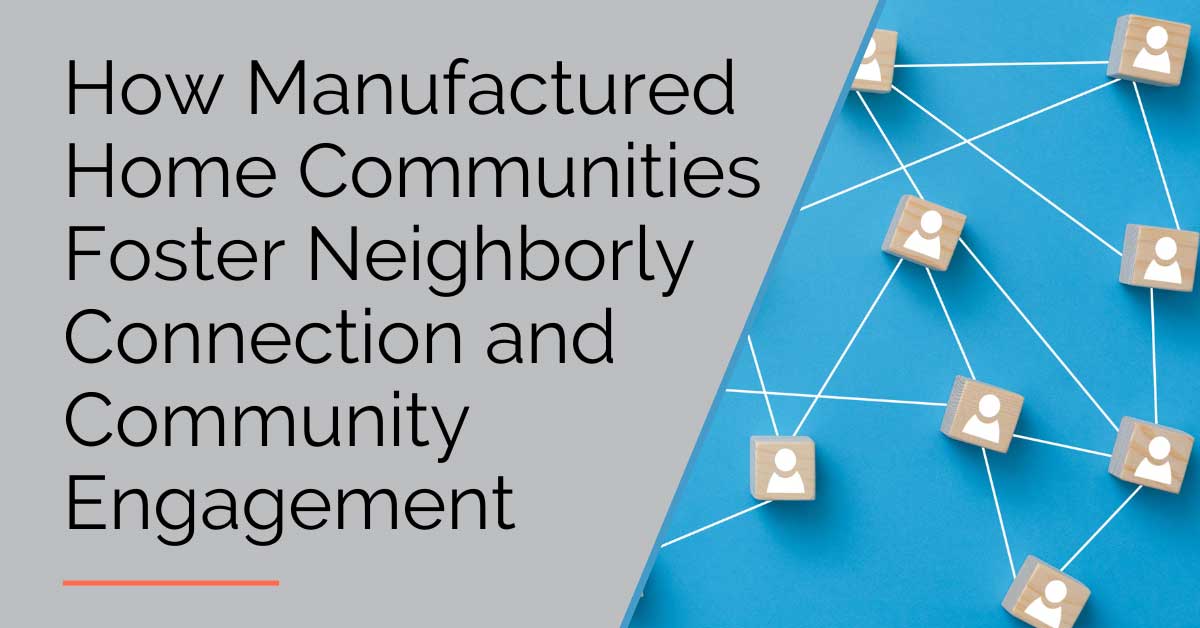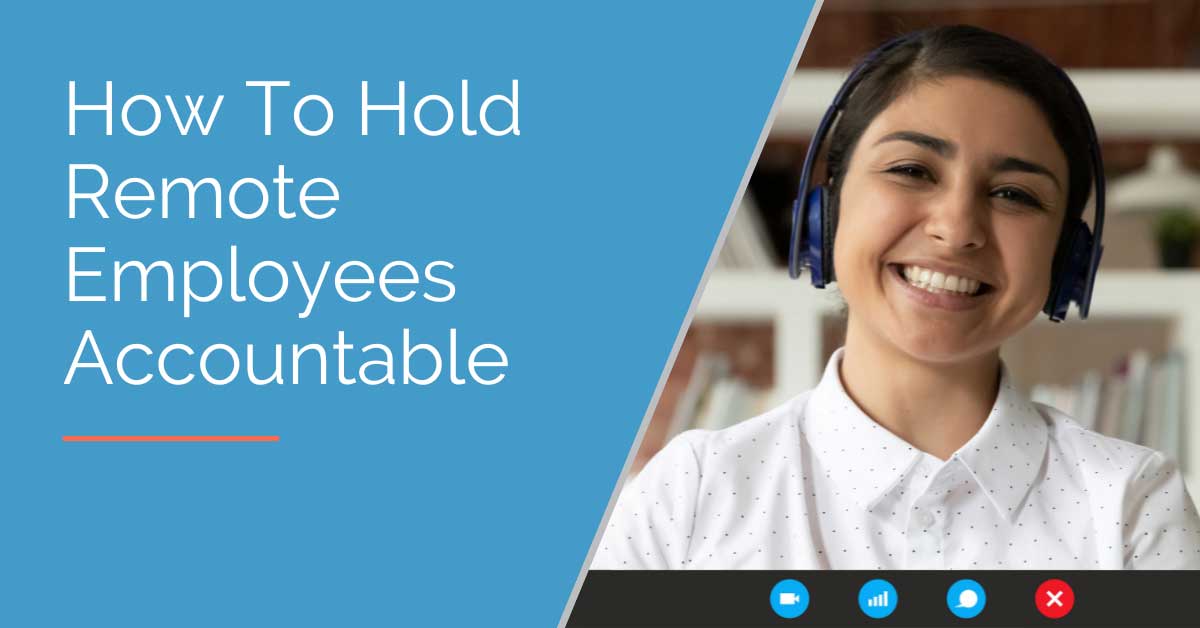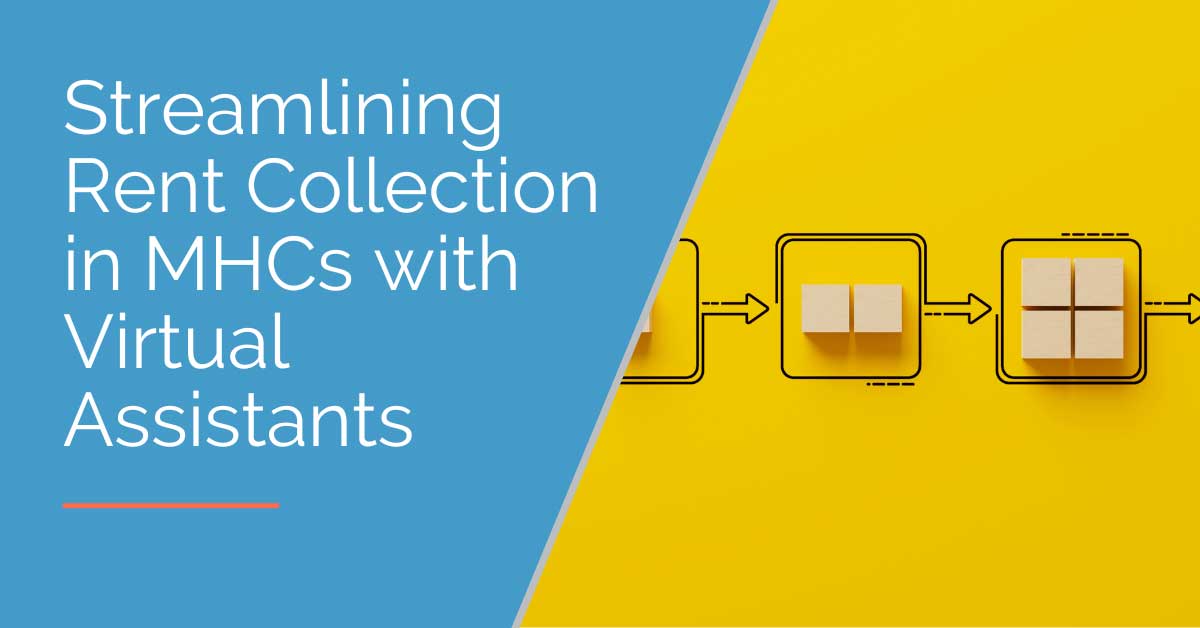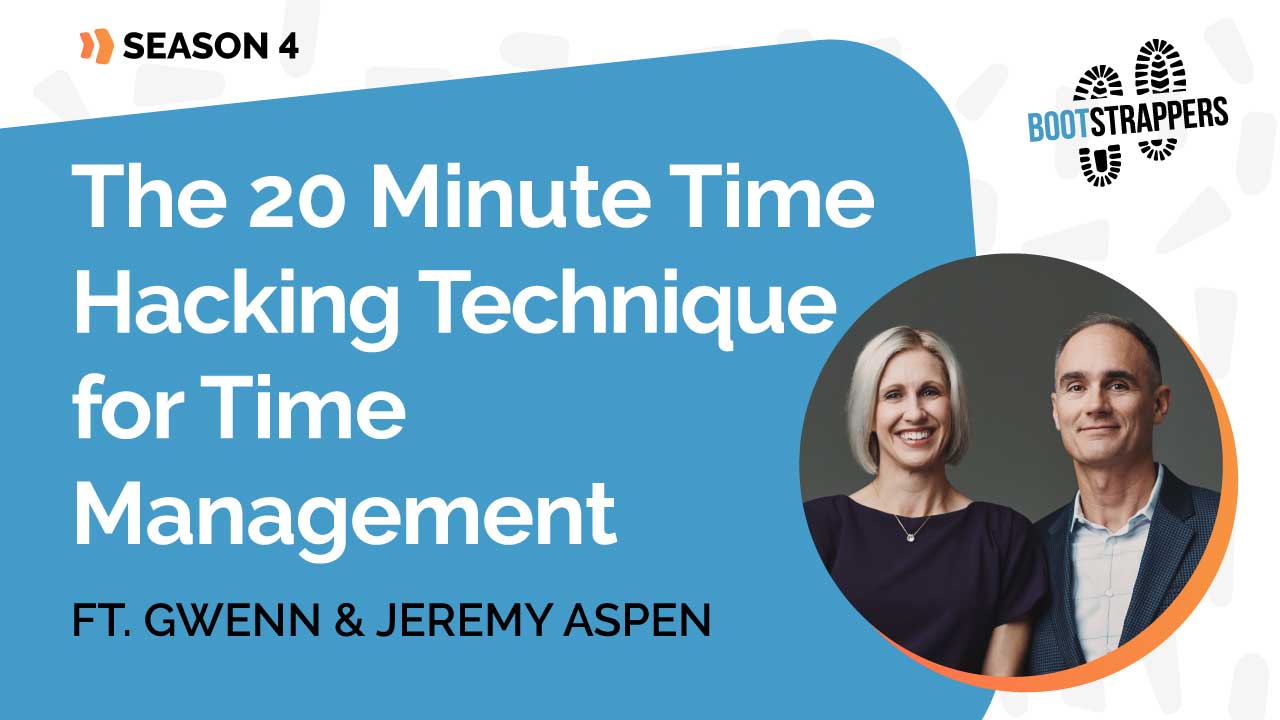Developing Your Remote Team So They Don´t Need You
How do you develop your remote team? It’s no secret that part of a successful business owner’s job is to nurture a strong and successful team so they don’t need them; this way, they can focus on moving the company forward.
However, this is easier said than done since it can be hard for entrepreneurs and leaders not to be involved in every aspect of their business and even want to micro-manage every little thing. In the long run, this ends up being time-consuming and an inconvenience..
In this Bootstrappers episode, Jeremy and Gwenn discuss the roadmap to scale your team so they do not need you for their everyday operations.

Gwenn and Jeremy Story with Team Development
On a recent trip to Africa, Gwenn prepared herself for a heavy workload and constant calls from her team back home, but to her surprise, she realized that her team was thriving without her continuous guidance; they all knew what they needed to do and were prepared to handle any challenges that came their way.
Jeremy’s profession was, for years, all about managing, scaling, and growing teams. Beginning his career in various locations, such as Arizona, Denver, and Chihuahua, he empowers his team members to take charge.
With meticulous planning and effective delegation, Jeremy confidently took a month-long vacation, knowing that his team could handle the responsibilities without relying on him.
So, how did they accomplish this with their remote team? Is it that different from scaling an in-person team? What does it take to create an independent and driven group of people?
Listen to the full episode.
How To Develop Your Remote Team: Clarity
Developing a remote team requires a strong foundation built on clear communication and well-defined roles. It’s vital to ensure that every team member understands their specific responsibilities and how they contribute to the overall objectives.
Clearly outlining the scope of their roles not only eliminates confusion but also fosters a sense of ownership and accountability.
For remote teams, having processes and procedures set is paramount since this will serve as a guideline for what they need to do without having to constantly ask you what is the next step.

Have a Decision-Making Matrix for Remote Team Development
So, what happens when the clear processes and procedures don’t work? What can you do, as a leader, to ensure that your remote team takes ownership, even in unexpected cases?
Here is when having a decision-making matrix comes in handy. A decision-making matrix is a systematic approach to making clear and intelligent decisions that consider the impact on other areas of the organization.
By implementing a step-by-step process for making decisions, you can enhance your team’s capabilities to make them and ensure that their choices align with your overall business goals and objectives.
Finally, to develop Your Remote Team, having a decision-making matrix will ensure that your team explores different options and alternatives and analyzes the pros and cons of each option, considering factors such as feasibility, cost, time, and alignment with organizational values and priorities.
How To Develop Your Remote Team: Reward Your team
Recognizing and rewarding your team’s achievements is a powerful tool to develop your team. This is especially important with remote workers who might feel a little bit alienated from their company because this will show that their accountability and ownership in their job position matters.
So, make it a big deal when your team consistently makes good decisions and drives the company forward without constant supervision.
There are a lot of different ways to celebrate your team’s effort, like a personalized reward, a bonus, including them in an internal newsletter, celebrating in a weekly meeting, and much more!

Not Your Monkey!
Lastly, it is crucial to establish clear boundaries and take ownership of your own responsibilities! When business owner or leader starts solving other people’s problems and handing them the solutions in an easy way, they teach their team that it is okay to make others do their job.
People often try to avoid taking responsibility by passing the monkey (A.K.A., their problems) onto others’ shoulders. That’s why it is crucial to set boundaries and recognize when to say, “This is not my responsibility.”
This doesn’t mean ignoring your remote team; when they come to you for help, try to give proper guidance, but still let them take ownership of their job. For example, try to answer their concerns with another question that can guide them in the proper direction.

Develop Your Remote Team Today
What are you waiting for to build your team? It’s time for you to work on what really matters: your business growth and profitability.
Contact Anequim today to start growing your remote workforce, and stay tuned to listen to our weekly Bootstrappers podcast for entrepreneurs to get more amazing tips to grow your business.
Download our FREE “Score Your Team On The Leadership Matrix” PFD, and start scaling your team today!
